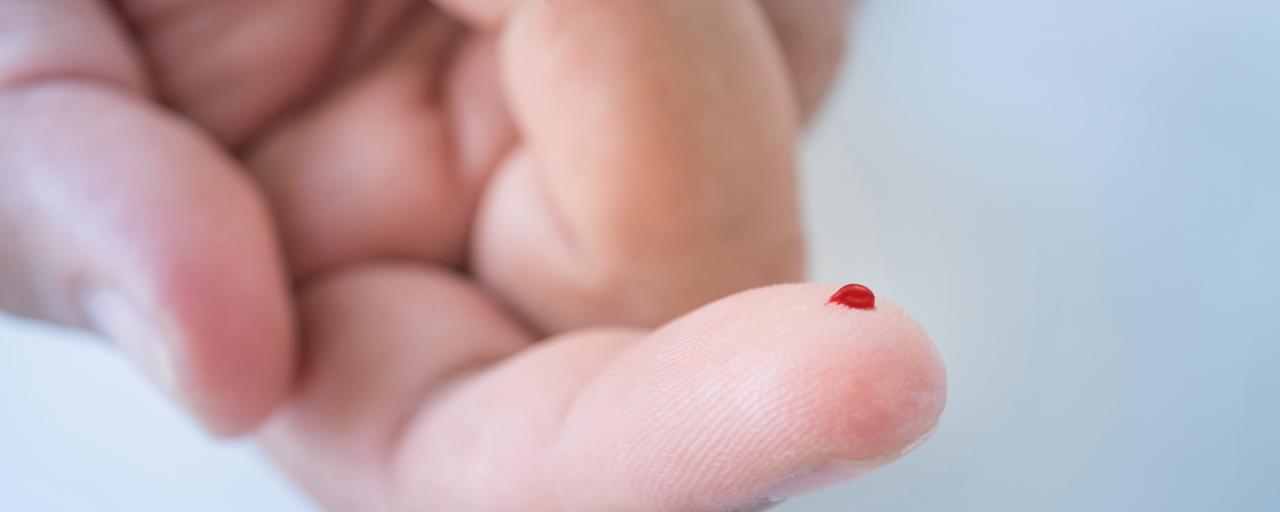Findings presented at the Society for Neuroscience 2016 Annual Meeting in San Diego last week suggest that plasma transfusions from young people may actually hold the key to revitalizing cognition and physical activity in older mice – a treatment that could one day be developed for use in people.
While earlier studies have shown that plasma, the liquid part of blood, from young mice can be injected and help rejuvenate the brains and other organs of older mice, this recent study is the first to investigate if human blood could provide the same benefits.
For the study, 12-month-old mice, which is the equivalent of about a 50 year old human, were injected with plasma from 18-year-old humans, twice a week for three weeks.
Scientists then administered a variety of tests and compared the injected mice’s performance with that of young, 3-month-old mice and a control group of older mice who did not receive plasma injections.
Interestingly, the treated mice showed reversals in aging, such as moving slowly and decreased memory skills. The treated mice began to run around in open spaces, similar to their younger controls.
Another test was the Barnes maze, which older mice tend to perform poorly at navigating because of weaker memories. However, after receiving the young blood injections, older mice navigated the maze as well as young mice, finding the exit with ease.
“Young human plasma improves cognition,” Sakura Minami, a researcher at Alkahest, the biotech company spearheading the work, told New Scientist. “There memory was preserved.”
Karoly Nikolich, CEO of Alkahest told CBS that the key to the young plasma is special proteins that, while may help rejuvenate tissues, eventually are replaced as people age with inflammatory ones that cause damage.
Another key finding was actual changes to the brains of treated mice, who saw a doubling of newly formed neurons that were created in regions of the brain important for memory and learning.
Alkahest has now begun a small controlled clinical study of young plasma in humans in a cohort of 18 people with mild to moderate Alzheimer’s disease. Nikolich told CBS that the results of that study will come at the end of next year.
If the trial proves successful, the researchers plan to move on to larger studies with higher doses.
The company hopes that eventually they will be able to manufacture the rejuvenating proteins as a potential treatment to reduce inflammation in the brain and potentially help treat Alzheimer’s.
It’s important to note that the study findings have not been published in a journal and have yet to be peer-reviewed.








